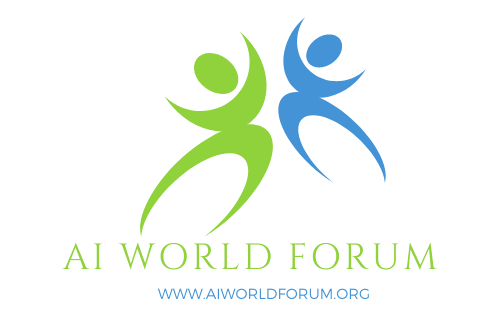What Can be Classed As An Addiction?
Addiction is defined as being unable to control your urge to do, take or use something to the point that it becomes harmful to your wellbeing. Addictions can cause peoples lives to spiral out of control, as it can take up their time and thoughts, interfering with their daily lives. What was once an enjoyable habit can damage your physical and mental health and have a negative effect on your home and work life. This can result in the breakdown of relationships and family life, the loss of your job and possibly even your home. It’s believed that up to seventy percent of people who seek mental health support are also dealing with some form of addiction.
Common Types of Addiction
There are several types of addictions that are commonly known, but potentially it can be possible to become addicted to almost anything. The more common addictions include:
· Alcohol
· Drugs
· Smoking
· Internet and gaming
· Gambling
· Sex
· Solvent use
· Shopping
· Eating or exercising
· Shopping
Causes
There are many reasons why someone can become addicted to something. Addictions like gaming, gambling, shopping using the internet, or sex can leave people feeling exhilarated. This can leave them wanting to recreate that feeling of a “mental high” which can develop into an addiction problem.
Addictions to substances like nicotine, alcohol and recreational drugs, induce pleasant feelings both mentally and physically. These feelings can make people feel relaxed, intoxicated or euphoric and they want to feel this way again.
This becomes problematic, as with addictions you often find that you may have to use or do them more often to achieve the same feelings of enjoyment. When you stop doing or using whatever makes you feel this way you can suffer withdrawal symptoms, feel low or depressed, so you carry on and this is how the circle of addiction starts.
Associated Conditions or Risks
It’s believed that having family members with addictions or serious mental health issues can make you more at risk of becoming an addict. Being in an environment where you socialise with people who have addictions can also put you at risk. There are also the obvious mental and physical health problems that addictions can cause; these can include:
Mental Health Risks
· Stress
· Anxiety
· Depression
· Psychosis
· Suicidal thoughts
· Eating disorders
Physical Health Risks
· Heart problems
· Liver disease
· Digestive problems
· Several forms of addictive related cancer
· Problems with menstruation, conceiving or miscarriage
· Sexual performance issues
Professional Help
If you are struggling with addiction you should consult your doctor or contact an organisation that specialises in your specific addiction for advice and support. Your doctor can treat you for any underlying mental health conditions such as stress, anxiety or depression, and may prescribe medication to help manage these.
They may also suggest that you see a therapist who can help you to understand what has caused your addiction and how to overcome it. They can use a variety of therapies like counselling and psychotherapy as well as clinical hypnotherapy, which is especially useful for stopping smoking. Written by Jan, Jeana and Wendy at Barnsley Hypnosis and Counselling (UK). For more free Information click above link.

